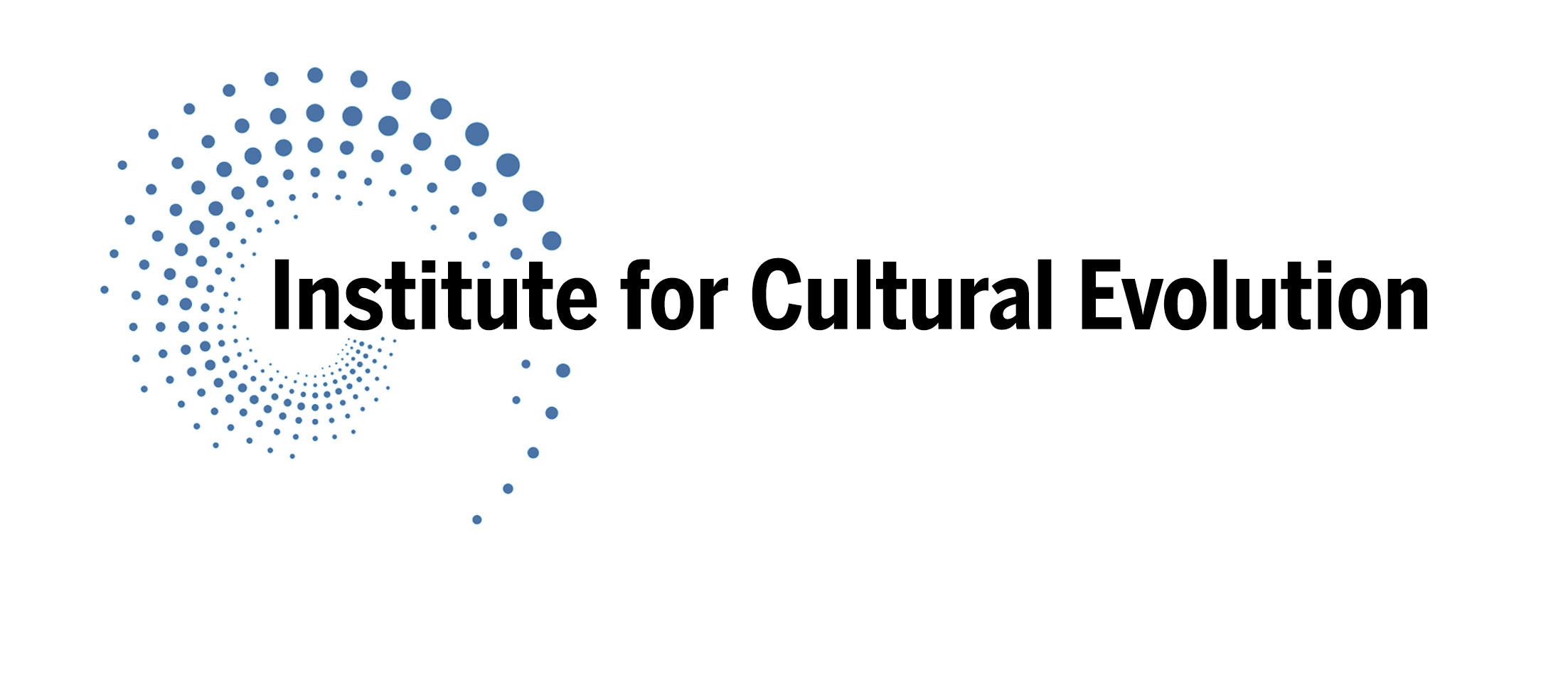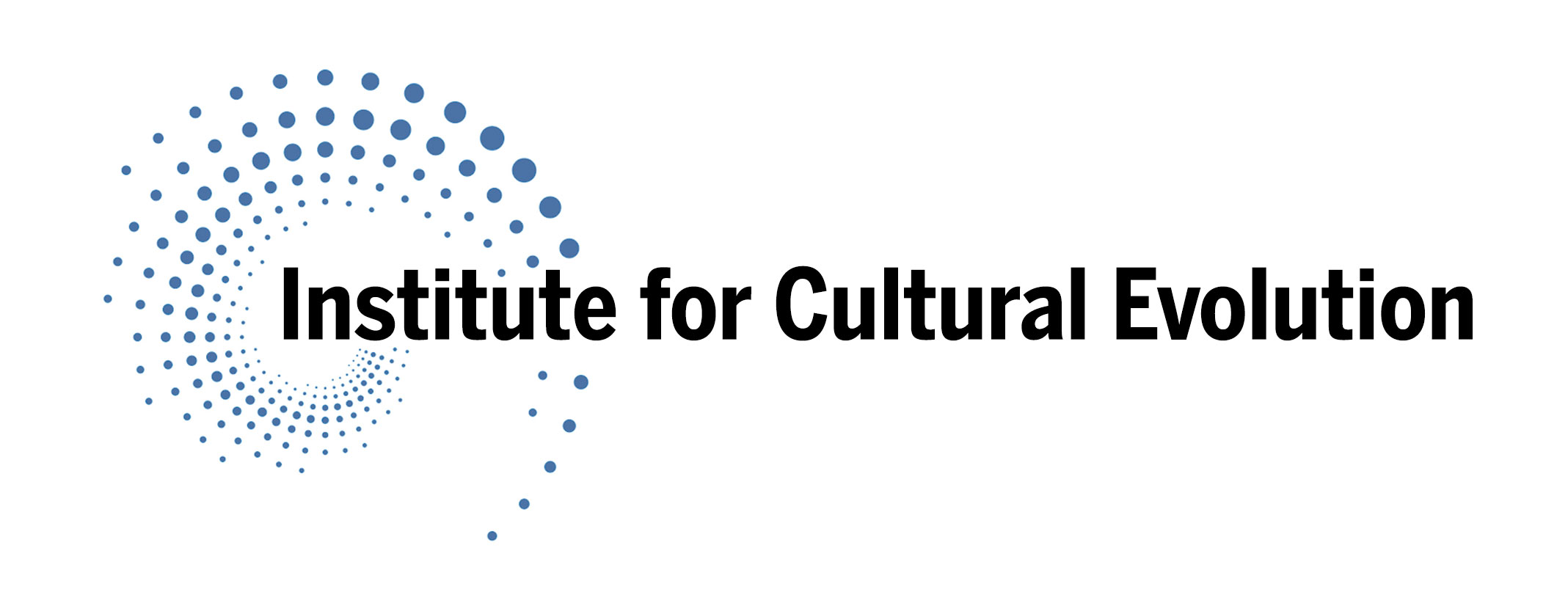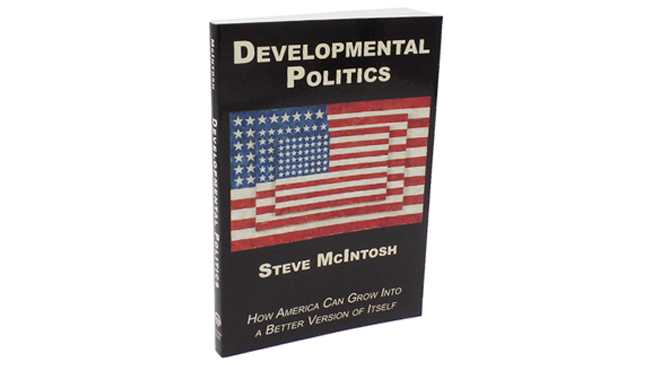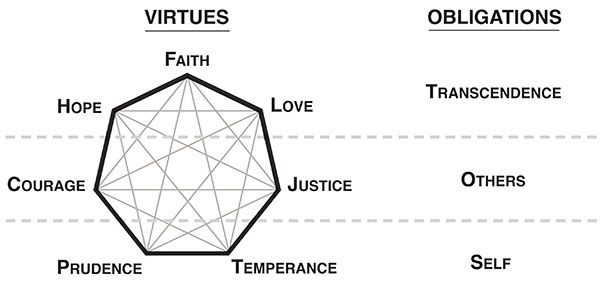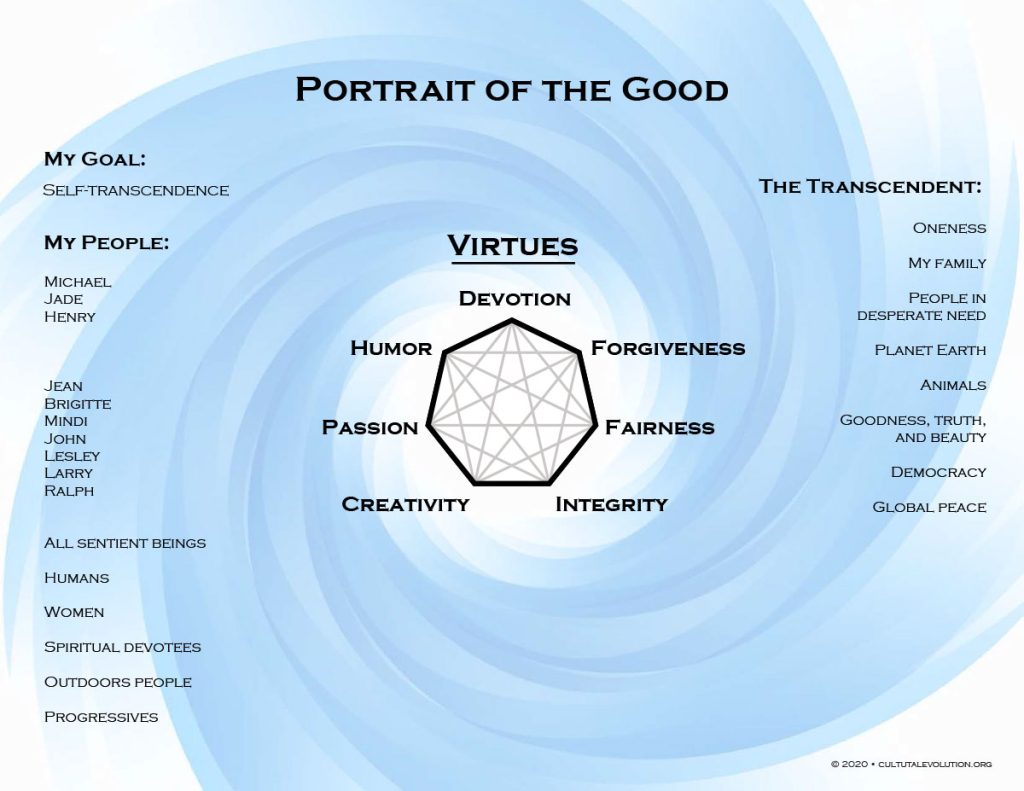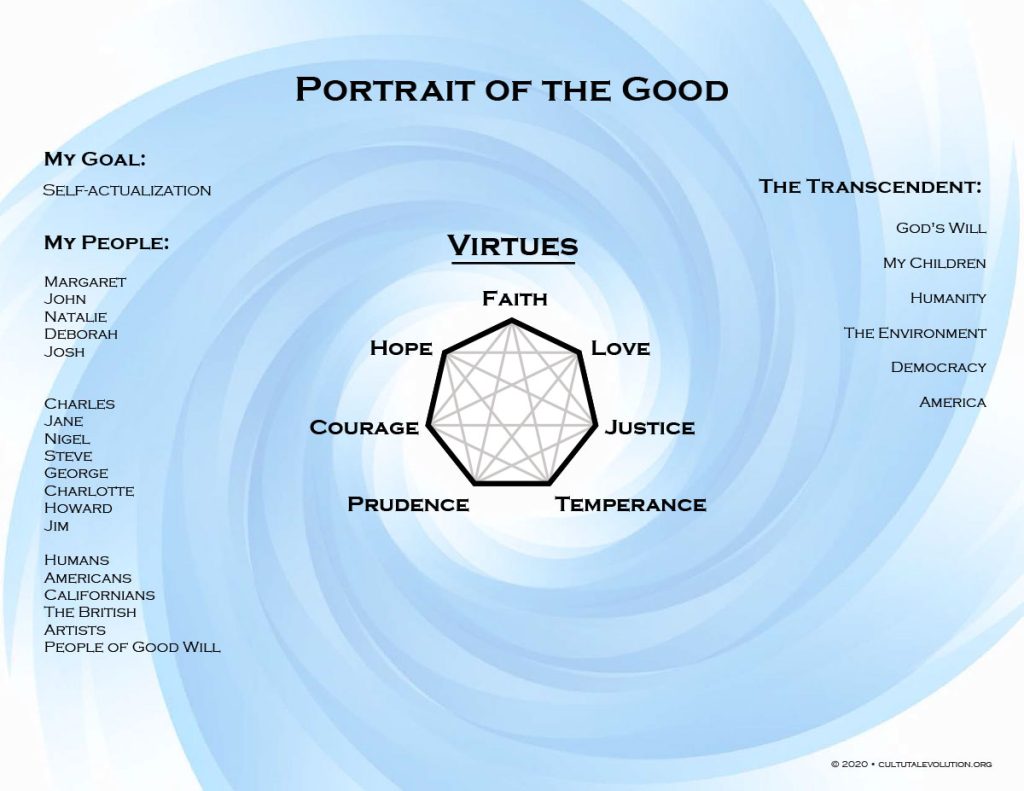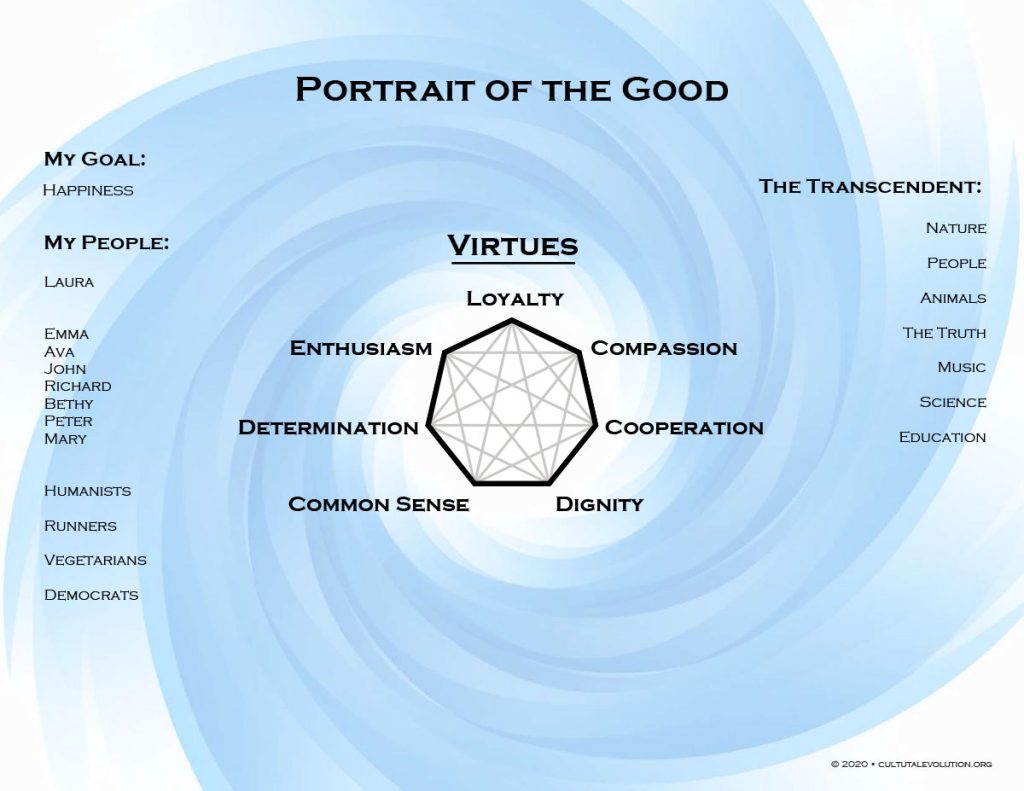Steve McIntosh’s new book, Developmental Politics—How America Can Grow Into a Better Version of Itself, is now shipping from Amazon. If you want to see a better version of American politics, this is the book for you. Developmental Politics provides the fresh thinking we need to transcend America’s contemporary political impasse.
In connection with the book’s launch, Steve has written two op-eds that may be of interest:
Op-Ed in The Fulcrum: Polarization Is More of a Cultural Problem Than a Political One
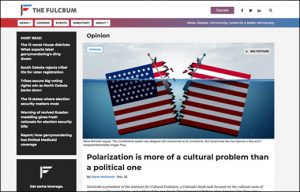 This op-ed argues that the rise of progressive culture represents an important step in the evolution of American society. But the disruptive effects of this cultural emergence are now pressuring us to take the next step in our social evolution. And this next step will be found through an inclusive new political stance that can recognize the interdependence of America’s three major worldviews, and thereby affirm the full spectrum of positive American values.
This op-ed argues that the rise of progressive culture represents an important step in the evolution of American society. But the disruptive effects of this cultural emergence are now pressuring us to take the next step in our social evolution. And this next step will be found through an inclusive new political stance that can recognize the interdependence of America’s three major worldviews, and thereby affirm the full spectrum of positive American values.
Op-Ed in Real Clear Politics: Progressives Can Show Evangelicals They Don’t Need Trump
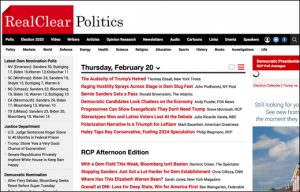
This op-ed addresses progressives, arguing that it is within their power to persuade a politically significant number of evangelical Christians to forego voting for Donald Trump. That is, if progressives showed more cultural sensitivity toward Christian traditionalists, even while continuing to oppose them politically, this would help ameliorate the hyper-polarization that has led to the rise of Trumpism.

